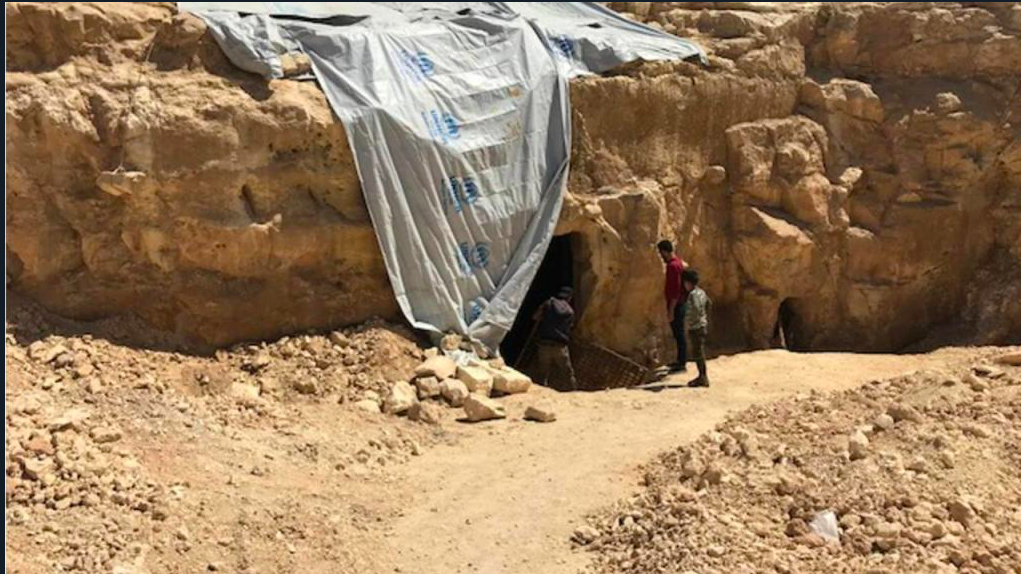Recently, archaeologists who have been exploring the Syrian ruins of the ex-Roman government found secret passages where it is believed that Christians hid from the Roman government.
During the time of the Roman empire rule, Christianity was outlawed, but that did not stop Christians from building underground churches and holding prayer groups.
Archaeologists Uncover Ruins of Ancient Christian Hideout Under Town Formerly Held by ISIS
The passages that the archaeologists discovered date back to the 3rd and 4th century AD. The passages revealed a gathering place that was probably used as a shelter and place of worship for the early Christians.
The archaeologists uncovered the underground passageways in Manbij, a city found in Syria. It would make perfect sense that the passageways were used by the persecuted Christians that were hiding from the Roman government.
Archaeologists began the excavation project years ago until the discovered the first ruins in 2014. They then took a two-year break when the Islamic State occupied Syria.
A year after the Islamic State was finally kicked out fo the area, the project began again in August 2017.
Not only did they uncover the secret tunnels and passageways, they also uncovered a secret door. The door was covered with crosses and texts, as were the pillars and stone walls that it was made of.
Archaeologists in Israel Make Groundbreaking Discovery Linked to Biblical Account of King David
They also uncovered a cemetery that was specifically made for safely burying pastoral things.
The archeologists also uncovered human bones in the large graves, which made them think the cemetery was also used as a place of worship for believers.
After the discovered the passageway/cemetery the archeologists discovered another site. This one they believed was also a place for believers. The site was 11 stone steps down and had many rooms below it. The rooms were covered with Christian symbols.
They realized this spot had geometric crosses, which were used when the government accepted Christianity, which made them believe that this second place was only used for a certain period of time.
Dr. John Wineland, an Associate Professor of History at the Southeastern University, who has his PhD in Ancient History, explained that the early Christians “eat the body of Christ and drink His blood” when they evangelized. Many in the Roman government took this as a warning and deemed them cult believers.
It is believed that some, including Dr. Wineland that Christians were able to practice their faith “above ground” after 313AD. In 313AD, Constantine the Great legalized Christianity, which allowed Christians to come out from their underground spaces.
H/T Fox News



